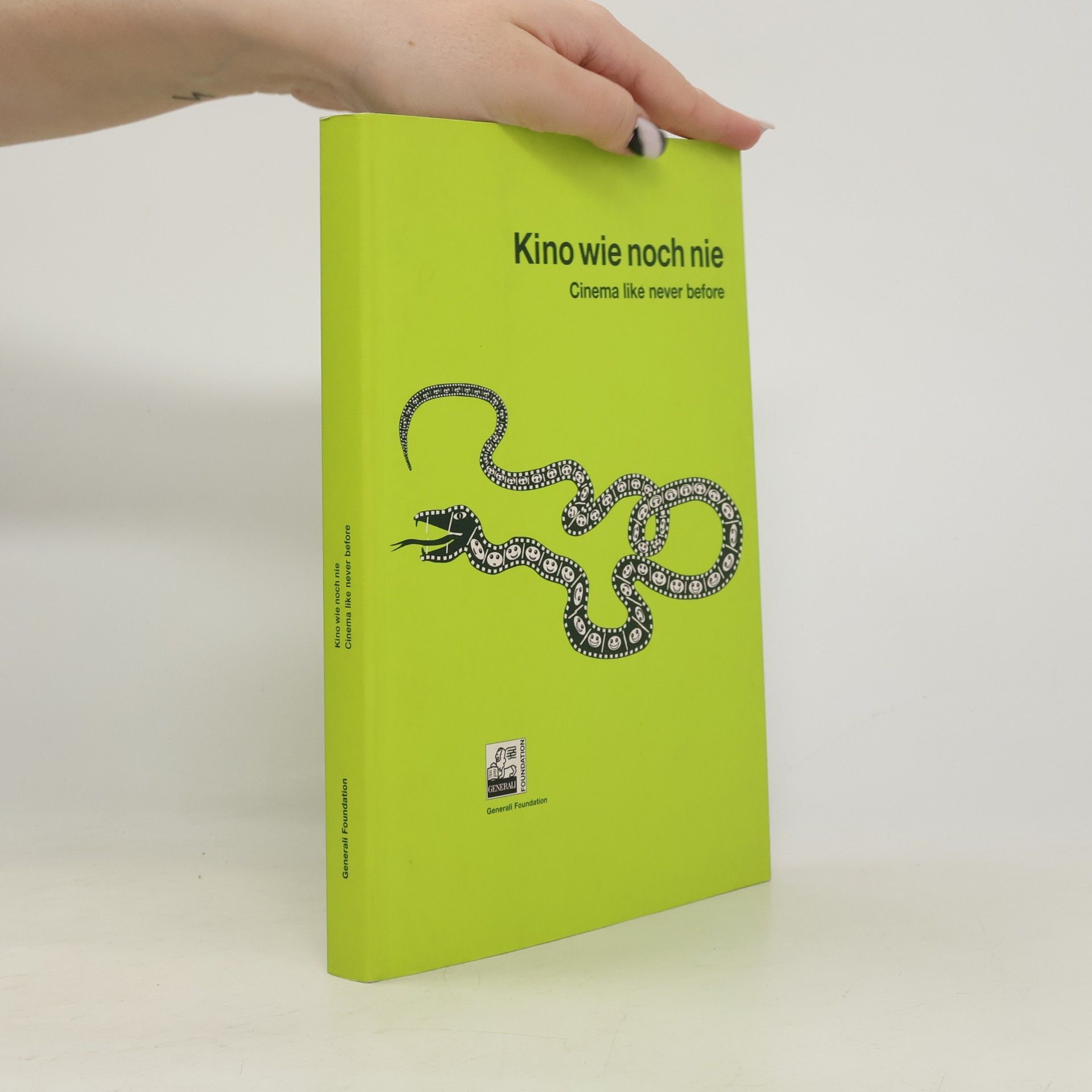Following his extraordinary 24 Hour Psycho, Douglas Gordon's latest film, Feature Film, further explores Alfred Hitchcock's dramatic devices. Where 24 Hour Psycho considered the effect of Hitchcock's thriller if extended to 24 hours and devoid of sound, Feature Film examines Vertigo's intense, anxiety-inducing music if separated from its on-screen narrative. This book contains stills from Gordon's film of Paris Opera conductor James Conlon rehearsing Bernard Hermann's Vertigo score Focusing on Conlon's hands, arms, and facial expressions, the stills provide a fascinating look at the sweeping and subtle gestures that comprise his physical interpretation of Vertigo's musical accompaniment. This book also includes a CD of the music actually recorded during the filming, as well as a separate insert containing two essays with background information on the music, the composer, and Gordon's film work.
Raymond Bellour Bücher




»›Wuthering Heights‹, Sturmhöhe, heißt Mister Heathcliffs Besitztum. ›Wuthering‹ ist ein trefflich mundartlicher Ausdruck, um den Aufruhr der Lüfte zu beschreiben, dem dieser Ort bei stürmischem Wetter ausgesetzt ist.« Dort, in einer einsamen Moorgegend, spielt sich in einem Kreis von fünf Personen der weltberühmte Familienroman ab, der in kunstvoller Überschneidung und Verhüllung durch drei Generationen führt.
Kino wie noch nie / Cinema Like Never Before
- 192 Seiten
- 7 Lesestunden
"Compiles artistic and analytical practices that expand thought on cinema ... thematizes archetypes and recurring patterns in film history ... with contributions from cultural history, philosophy, and film theory"--Blurb.